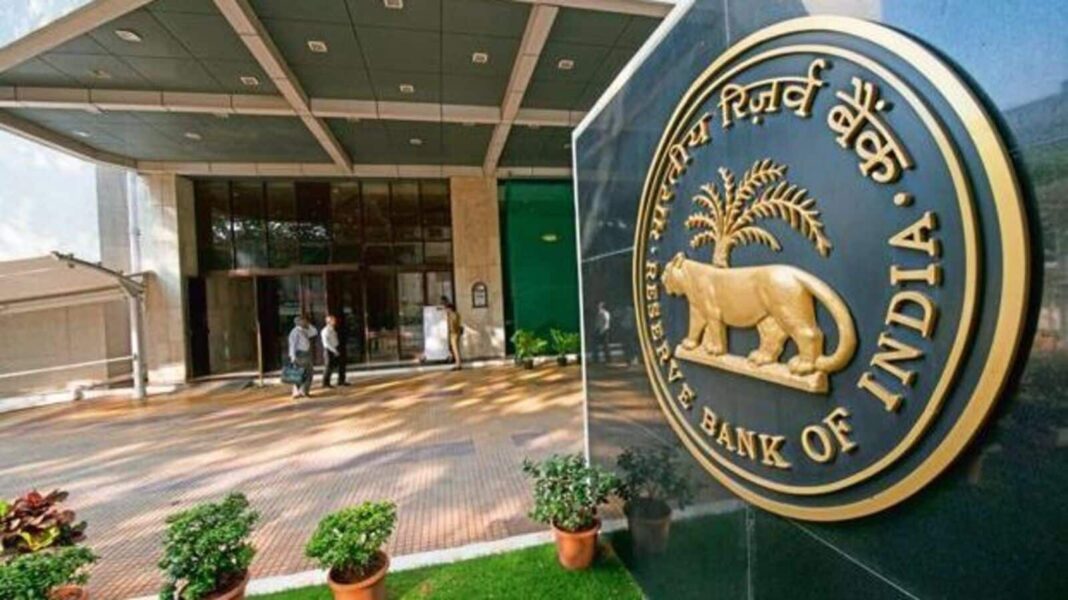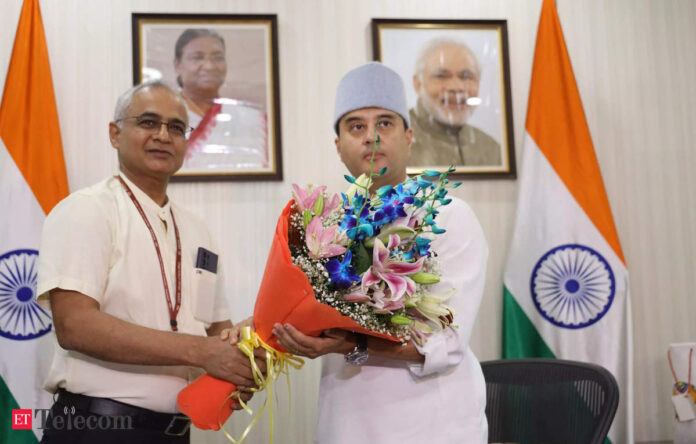In Short:
Mumbai’s RBI deputy governor T. Rabi Sankar emphasized that improving cross-border payment efficiency requires new technologies and participants beyond traditional banking. He highlighted the role of self-regulatory organizations (SROs) in addressing industry inefficiencies and promoting fair practices, innovation, and consumer trust. He also noted the growth potential of Central Bank Digital Currency (CBDC) and the importance of fintech in achieving broader financial inclusion.
The Future of Cross-Border Payments: Insights from RBI’s T. Rabi Sankar
Mumbai: In a thought-provoking discussion at the Global Fintech Fest, T. Rabi Sankar, the Deputy Governor of the Reserve Bank of India (RBI), emphasized that achieving the same efficiency in cross-border transactions as seen in domestic payments requires a significant overhaul of our current frameworks.
“One of the major topics on the global stage right now is how we can replicate the efficiency found in our domestic payment systems for cross-border payments,” Sankar remarked. He pointed out that extensive global dialogues indicate that a shift in existing infrastructure, technology, and processes is essential for progress.
“This signals a need for a broader array of participants beyond conventional banks, the adoption of new technologies, and alternative processes that diverge from the traditional correspondent banking model, all aimed at achieving enhanced efficiency,” he added.
Empowering Through Self-Regulation
Sankar noted that many inefficiencies stem from the absence of suitable technologies, placing the responsibility of overcoming these challenges on fintechs. He proposes that a self-regulatory organization (SRO) can play a pivotal role in steering the industry towards identifying and rectifying these inefficiencies.
A recent approval from the RBI has recognized the Fintech Association for Consumer Empowerment (FACE) as the first SRO for the fintech industry. “An SRO must diligently foster competitive conditions, as competition is vital for efficient market operations,” Sankar stated. He pointed out that cost efficiency—an essential metric of market integrity—coupled with quicker service delivery, are significant assets in the fintech realm.
“However, this cost efficiency should stem from technological advancements rather than just an ability to absorb losses. The innovative strategies of new technologies differ greatly from those of traditional business models. Thus, it’s up to the SRO to ensure that these strategies don’t limit competition and stifle innovation,” he elaborated.
Sankar urged the SRO to prioritize delivering value to consumers, emphasizing that this is a fundamental reason for the positive disruption caused by fintechs. At the same time, the SRO needs to address and eliminate emerging unfavorable practices, such as misleading promotional tactics.
“It’s crucial for the SRO to advocate for the fintech sector to uphold trust with customers by ensuring fair treatment, which encompasses transparent pricing and supportive interactions both pre and post-sale. Particularly, there’s a need for products designed to meet the genuine and socially beneficial needs of consumers,” he said, stressing the importance of truthful marketing and clear communication.
Moreover, Sankar cautioned fintechs to stay attuned to broader social and economic priorities rather than solely focusing on business objectives. He conveyed that it is the SRO’s responsibility to cultivate such a culture, advocating the mantra: leverage technology for honest business while ensuring customers aren’t shortchanged.
Even as regulatory shifts may introduce some tension within the industry, Sankar believes that a proactive approach towards understanding these changes can ease the transition. He stated, “The fintech industry is still in its formative stages and needs to mature. The SRO must prepare the sector to face the realities of growth, which must reflect in its operations.”
The Rise of Digital Currency
In addition to discussing cross-border payments, Sankar also touched upon the burgeoning field of Central Bank Digital Currency (CBDC) and the essential role fintech can play in its evolution.
“The programmability of CBDC introduces unique use cases that only a token or CBDC can fulfill. We’re witnessing merely the dawn of various simple applications, and as the ecosystem expands, the potential applications will be vast. When fully realized, CBDC could stand shoulder to shoulder with any existing payment system,” he noted, reflecting on the event’s sidelines.
“With established use cases for programmable tokens and CBDCs, this market segment could potentially match the liquidity and volume of any other market area,” he added, maintaining that the payment sector still has significant growth potential.
An RBI survey conducted in 2022 revealed that just over 40% of respondents had utilized digital transactions, with only 23% engaging in them regularly. This gap in digital adoption, combined with the aim of financial inclusion, provides a substantial business case for the fintech sector moving forward.
And read | RBI to launch Unified Lending Interface to speed up credit for rural borrowers





